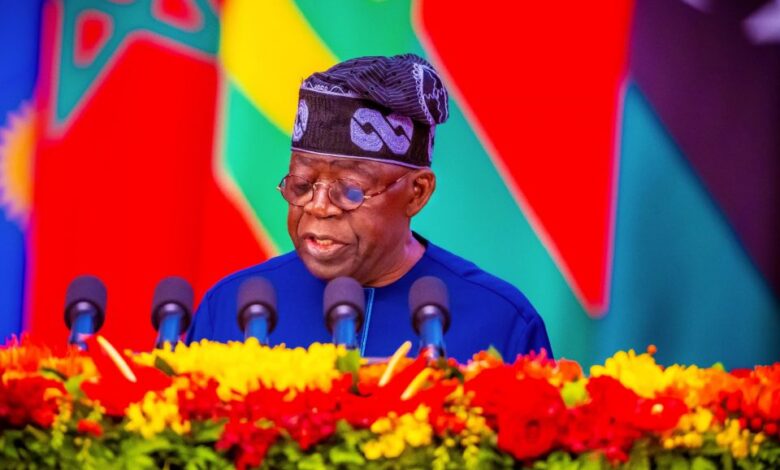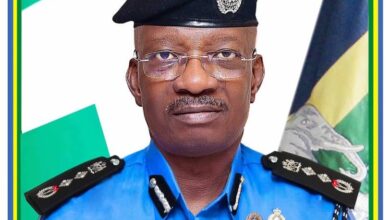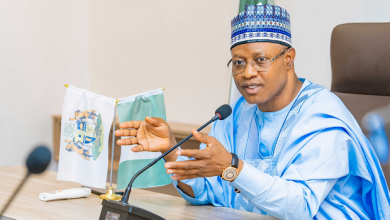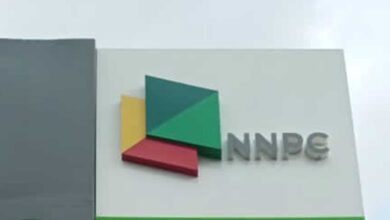Report Reveals FG’s N19bn Expenditure on Presidential Air Fleet Over 15 Months

The Nigerian government’s recent expenditures on the Presidential Air Fleet (PAF) highlight a complex mix of high operational costs, maintenance needs, and public scrutiny, with at least N19.43 billion allocated from July 2023 to September 2024. Data from the civic tech platform GovSpend reveals that in 2024 alone, N13.55 billion has been disbursed, accounting for 66% of the annual budget for the PAF. These funds cover a range of international operational expenses, including fuel, foreign-based services, and forex transit funds, ensuring continuity in presidential and governmental flights abroad. However, this spending has drawn criticism for its scale and implications amid economic challenges in Nigeria.
The most significant expenditure peaks align with critical periods, such as the President’s April visits to the Netherlands and Saudi Arabia. During this period, President Tinubu’s Gulfstream Aerospace G550 Jet reportedly faced technical issues, necessitating a chartered private jet for part of the journey. Additionally, a $100 million Airbus A330, acquired in August, is intended to replace aging aircraft and reduce maintenance costs over time. This Airbus A330, although previously owned, is expected to reduce Nigeria’s yearly maintenance expenses by millions of dollars, according to Tinubu’s Special Adviser Bayo Onanuga.
The PAF comprises various aircraft, including a Boeing 737, several Gulfstream models, and a Falcon 7X, making it one of the largest fleets on the African continent. However, operational and maintenance costs have risen sharply due to factors such as currency devaluation, aging aircraft, and heightened security threats, which have also inflated insurance costs. Aviation expert Olumide Ohunayo points out that many PAF aircraft are older models, leading to increased upkeep expenses, particularly with the naira’s depreciation against the dollar.
Public frustration with the government’s spending habits is evident. Debo Adeniran, the Executive Chairman of the Centre for Anti-Corruption and Open Leadership, criticized the administration’s spending as indulgent in a time of national hardship, comparing it to the luxury-oriented Shagari administration of the early 1980s. He noted that Nigeria’s executive branch must demonstrate fiscal restraint, especially when many citizens face economic hardship.
The evolving costs of Nigeria’s presidential fleet raise important questions about fiscal responsibility, national priorities, and the balance between executive needs and public expectations in a nation with significant financial challenges. As Nigeria continues to navigate economic obstacles, the ongoing investments in the PAF are likely to remain a focal point for public debate, with calls for transparency and fiscal prudence in managing national resources.



